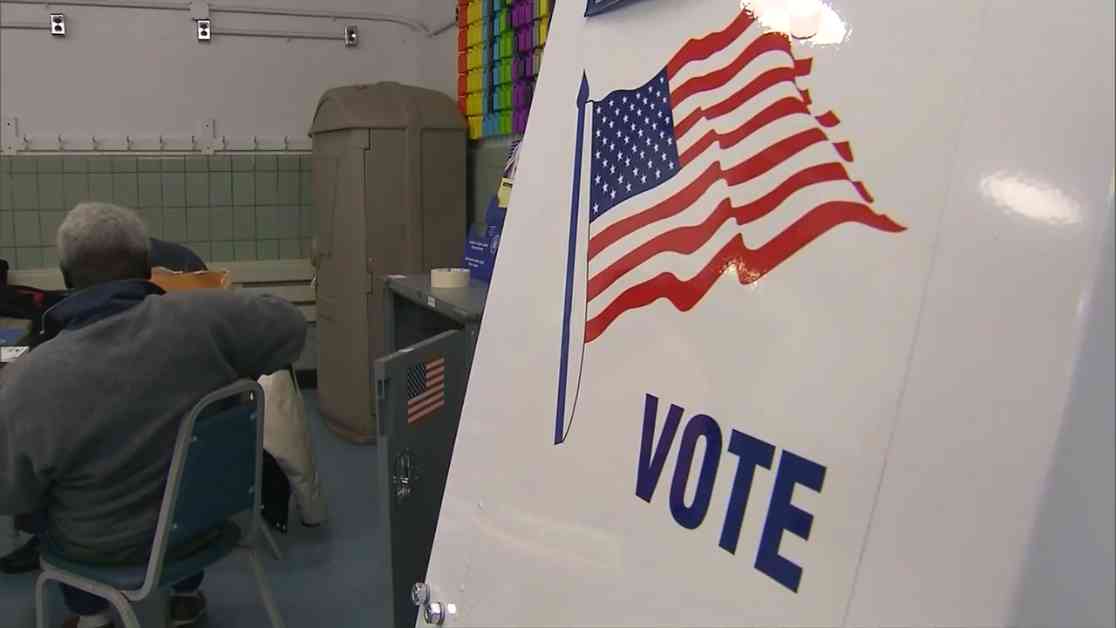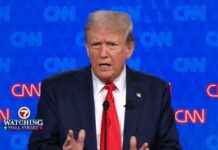The outcome of Election Day will be determined by seven key states: Arizona, Georgia, Michigan, Nevada, North Carolina, Pennsylvania, and Wisconsin. Vice President Kamala Harris and former President Donald Trump have focused their efforts on these states as they are crucial in securing the Electoral College votes needed to win the election.
Let’s take a look at the timeline for Election Day in each of these states, all listed in Eastern Standard Time:
Arizona:
Polls open at 8 a.m. and close at 9 p.m. Arizona does not release votes until all precincts have reported or one hour after polls close. In 2020, the Associated Press reported the results at 10:02 p.m. and declared Biden the winner at 2:51 a.m.
Georgia:
Polls open at 7 a.m. and close at 7 p.m. Georgia played a significant role in the 2020 election, with Biden being the first Democrat to carry the state since 1992. Trump’s efforts to overturn the results have led to legal battles that are ongoing.
Michigan:
Polls open at 7 a.m. and close at 8 p.m. or 9 p.m. Michigan, a key state in the “blue wall,” narrowly went for Trump in 2016 but Biden won it back in 2020.
Nevada:
Polls open at 10 a.m. and close at 10 p.m. Nevada has a good track record as a presidential bellwether, with the winner of Nevada often winning the White House.
North Carolina:
Polls open at 6:30 a.m. and close at 7:30 p.m. North Carolina has been competitive for both major parties, with Trump winning by a small margin in 2020.
Pennsylvania:
Polls open at 7 a.m. and close at 8 p.m. Pennsylvania was another crucial state in 2020, with Biden winning by a narrow margin. This year, it was the location of the first debate between Harris and Trump.
Wisconsin:
Polls open at 8 a.m. and close at 9 p.m. Wisconsin, another state in the “blue wall,” has a history of close elections, with the margin of victory being less than 1 percentage point in recent elections.
These states will play a significant role in determining the outcome of the election, and the results from these battleground states will be crucial in deciding the next President of the United States. Stay tuned for updates as the day progresses.







































